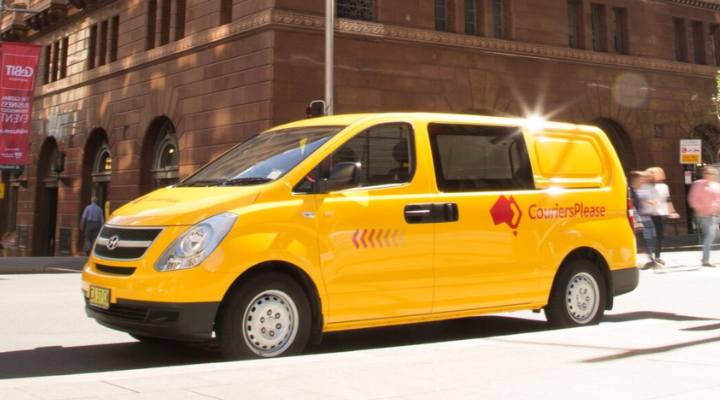
The automotive industry is facing radical change as innovation goes beyond electric vehicles.
As PwC points out in its Sustainability in the auto industry report, there are four trends driving this transformation: electromobility, shared mobility services, autonomous driving, connected vehicles.
There is a growing demand for electric cars which the Australian industry is finding difficult to keep up with.
Auto franchises improving sustainability with reduced emissions
Sustainability is an important issue, to both consumers and investors.
A business can make an impact by reducing carbon emissions, it can improve its sustainability supply chain and embracing digital value and data protection.
CouriersPlease has made enormous inroads in its carbon emission reductions. Three years ago it set an ambitious environmental target, for the business to be carbon neutral by 2025.
It cut carbon emissions across waste, energy use, staff travel and flights and offsets 10 per cent of emissions related to last-mile deliveries performed by franchisees. This is additional to operational emissions offsets.
Over time CouriersPlease vehicles will also minimise emissions through new technologies and emission-savings tools.
The brand introduced a delivery app, CPGo which ensures franchisees drive to an optimised pickup and delivery route.
Solar and EV charging station rollout
CP also adopted green procurement which puts goods and services lifecycles at the heart of purchasing decisions, rather than cost.
At Jax Tyres & Auto, a Future Fit strategy has brought solar panels into the network. The program will equip up to 70 per cent of stores with solar panels and EV charging stations.
The Jax Future Fit program will deliver reliable and sustainable power to franchises and reduce their power costs and carbon footprint.
It has also just introduced an EV-only tyre, in preparation for increased demand.

